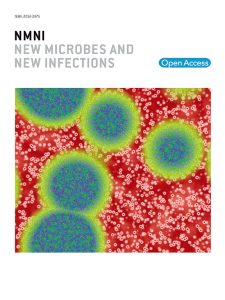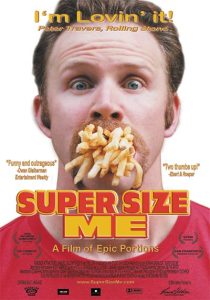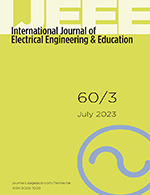The publisher Elsevier is investigating an unspecified number of articles by authors affiliated with a French research institute for concerns about “the appropriate conduct of research involving human participants.”
According to a “Publisher’s Note” that appeared November 9 in Elsevier’s New Microbes and New Infections, “concerns have been raised about a number of articles” published in the journal by researchers affiliated with the Institut Hospitalo-Universitaire Méditerranée Infection (IHU-MI) in Marseille.
The journal and Elsevier’s “Research Integrity and Publishing Ethics Centre of Expertise” are investigating the allegations “by confidentially consulting with the authors and, where necessary, liaising with the institution where the studies took place,” the note said. It continued:
Continue reading Elsevier investigating articles linked to controversial French researcher








